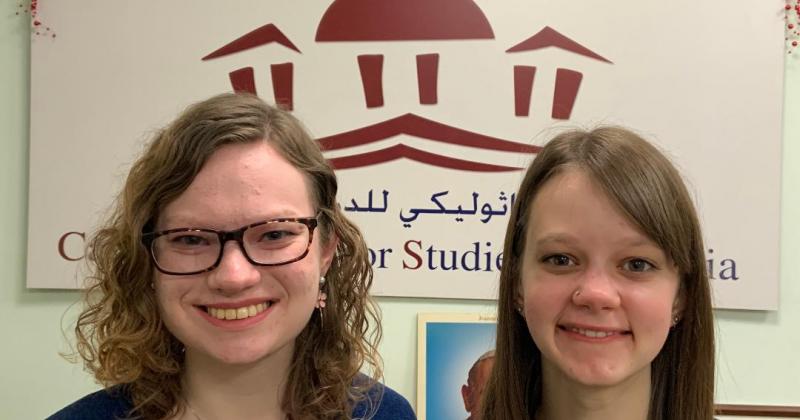South Sudan is the world’s newest country. After its split from the Republic of Sudan in 2011, the young nation has already seen almost 400,000 deaths in the wake of its civil war, which started in 2013.
Nearly 60 per cent of South Sudan’s population is Christian. Of the remaining population, around one-third practises traditional African religions, while only six per cent adhere to Islam. These demographics are starkly contrasted against Sudan, which has a population that is 97 per cent Muslim.
Overall, while South Sudan and its majority-Christian population were given independence in 2011, it seems that its peoples and government may just now be getting on their feet.
President Salva Kiir has ruled since South Sudan became an independent state. At this time, Riek Machar served as the inaugural first vice president. After an accused coup, Kiir dismissed Machar in 2013, which sparked a war between the Dinka and the Nuer communities.
In 2016, an attempt to form a unity government tried and failed. However, rebel leader Machar has recently re-entered the presidential office. On February 22, Machar and three other vice presidents were sworn in at a ceremony in Juba, an event marked by calls for reconciliation and sustainable peace.
Though this is now the third time Machar and Kiir have attempted to rule together, the swearing-in of the new government has been coined as “the official end of the war.” Once the head of a rebel faction founded in opposition to Kiir, Machar and his cooperation with Kiir is now crucial to the future of South Sudan.
“We must forgive one another and reconcile,” Kiir said. “I want to reiterate here that I have forgiven my brother Riek Machar. I also ask for his forgiveness and I also forgive all those who still are holding out on this peace agreement. I am calling on all the peoples of South Sudan to forgive one another.”
The Catholic Church has played a surprisingly involved role in the efforts for peace in South Sudan. Throughout decades of instability, the Church structures within South Sudan have been some of the most stable, enabling Church leaders to provide aid, lobby the international community, and foster peace between torn communities.
His Holiness Pope Francis has long sought peace for the nation, as well as for reconciliation between Kiir and Machar. In April 2019, Pope Francis stunned the leaders and the public when, during a spiritual retreat at the Vatican, he knelt to the ground and kissed the feet of both South Sudanese leaders to implore them to seek peace.
“I urge you, then, to seek what unites you,” he told them. “People are wearied, exhausted by past conflicts: Remember that with war, all is lost!”
Kiir and Machar have not been the only South Sudanese people touched by the Pope. According to Paolo Impagliazzo, secretary general and South Sudan delegate for the Rome-based Sant’Egidio community, local Catholics “are really waiting for the visit of Pope Francis.” A previously-planned visit to South Sudan in 2017 was cancelled due to safety concerns, but the Pope renewed the sentiment in November 2019 to visit the country if peace can be reached.
Naturally, with war and divisiveness ravaging the country, issues have not been kept out of the Church entirely. According to anthropologist Carol Berger, “the current war has divided people along ethnic lines — the church is not immune to these divisions.”
In the past, there has been skepticism over whether the Pope’s efforts would create a lasting change. Philip Winter, a South Sudan specialist, has stated, “More exhortations to the antagonists to stop fighting are largely a waste of breath.” However, through their interactions with the Pope, Machar’s and Kiir’s bold expressions of forgiveness and reconciliation seem to show that a greater change is taking place than simply an end to the war.
Through his upcoming visit to South Sudan, there is hope on the horizon for further unity within the Church and, thus, the people of South Sudan. If the cohesion provided by Church structure continues to spread, as Pope Francis is encouraging, perhaps the infrastructure and stability of South Sudan will readily follow suit as its people strive for peace.
